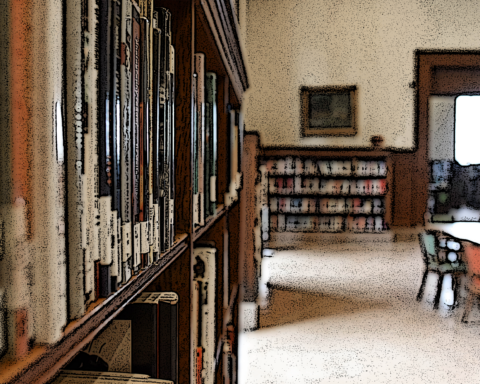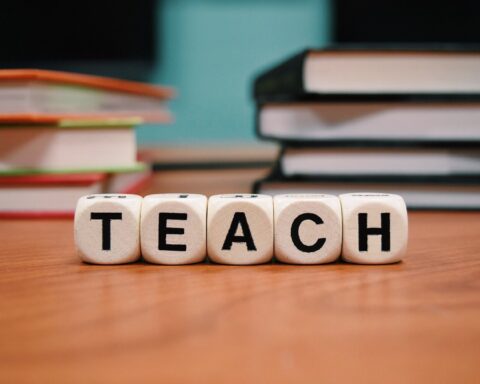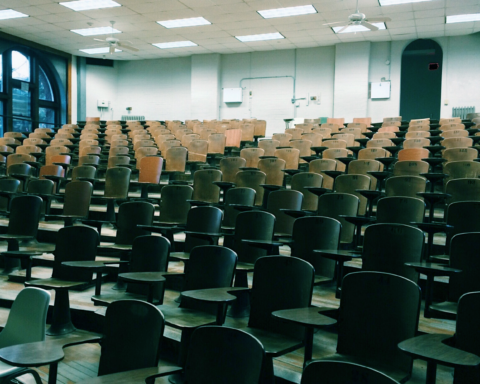 Unbound: What is your role in the education system?
Unbound: What is your role in the education system?
Blake: I am a high school social studies teacher. I teach students in 10th through 12th grade.
Unbound: At what type of school do you work?
Blake: My school is public and is classified as suburban.
Unbound: Tell me about the demographics of your students.
Blake: My students are 23% African American, 5% Hispanic, 5% Other, and 67% White. Around 30% qualify for free and reduced lunch.
Unbound: Why do you work in education?
Blake: It allows me to work in a profession with a great deal of intrinsic satisfaction. I get to share subjects I’m passionate about with students, and it allows me numerous opportunities to be creative. I also appreciate that every day is different.
___________________________________________
Listening to the perspectives of youth on a daily basis often challenges me to reconsider my own opinions.
___________________________________________
Unbound: Do your worldview and beliefs about religion and ethics affect your work in the school system?
Blake: I hope they are reflected in the way I interact with students. Though I don’t overtly share my religious beliefs with students, I try to teach empathy, compassion, and tolerance during lessons. My religious worldview mostly affects my interpersonal interactions with the students. I try to keep in mind that I play many more roles than just “instructor.” Students also rely on me for motivation, for mentoring, and for guidance. This profession gives me numerous opportunities each day to give many students an expression of love and care.

Unbound: What is the most challenging part of your work?
Blake: There is never enough time, unfortunately. Working 10-12 hours a day is not at all uncommon. It is challenging to be “on” during the school day and still have enough energy to devote to family and friends.
It’s also hard not to internalize the many inevitable failures that happen during the school year. Communicating with families is a challenge on top of other demands, especially as some parents, often through no fault of their own, find it difficult to remain completely engaged in their student’s academic progress.
Unbound: What is the best part?
Blake: Being a mentor and educator for students is rewarding. Teaching students a concept that they may have never heard before (or may never hear again) is a responsibility I take seriously. Listening to the perspectives of youth on a daily basis often challenges me to reconsider my own opinions.
___________________________________________
I’d like to incentivize teaching by strengthening collective bargaining efforts, which would lead to better benefits and pay. I believe a public system that nurtures and supports its teachers will see a return on that investment.
___________________________________________
 I also appreciate the challenge of the profession, as there is always an aspect of the job to improve upon. Seeing youth transform from children into young adults capable of critical thought and investment in the world around them is one of my favorite parts of teaching.
I also appreciate the challenge of the profession, as there is always an aspect of the job to improve upon. Seeing youth transform from children into young adults capable of critical thought and investment in the world around them is one of my favorite parts of teaching.
Unbound: Based on your experience, if you could magically enact one large-scale change for education in general, what would it be? Why?
Blake: I’d like to incentivize teaching by strengthening collective bargaining efforts, which would lead to better benefits and pay. Unfortunately, many state governments have pushed legislation that cuts teacher pay, ties teacher accountability to high-stakes testing, weakens unions, and defunds pension systems. I believe a public system that nurtures and supports its teachers will see a return on that investment. Lower turnover and teacher burnout would lead to more stability for students in schools that see numerous new teachers each year.
*****
Read more interviews with educators!
Read more articles in this issue: Pedagogy for the Distressed!





Unbound Social